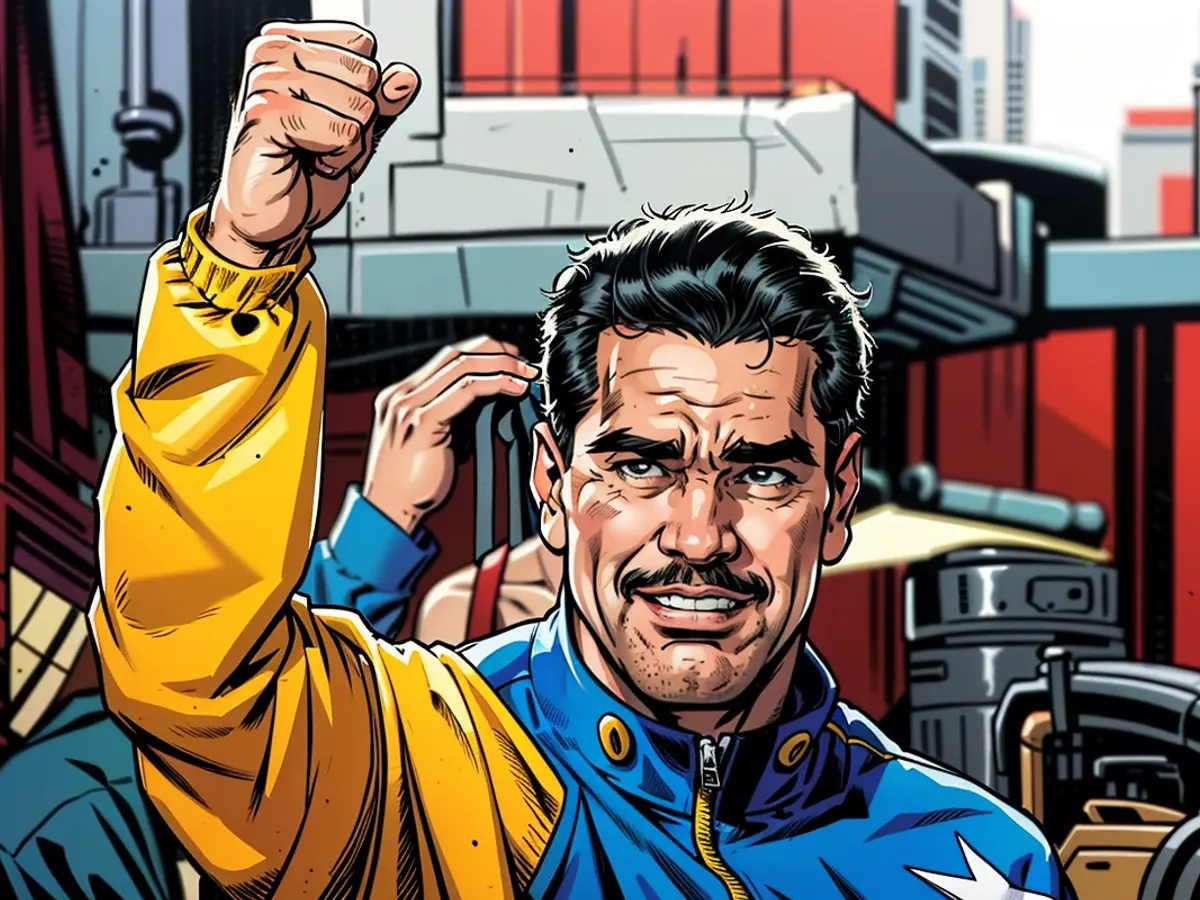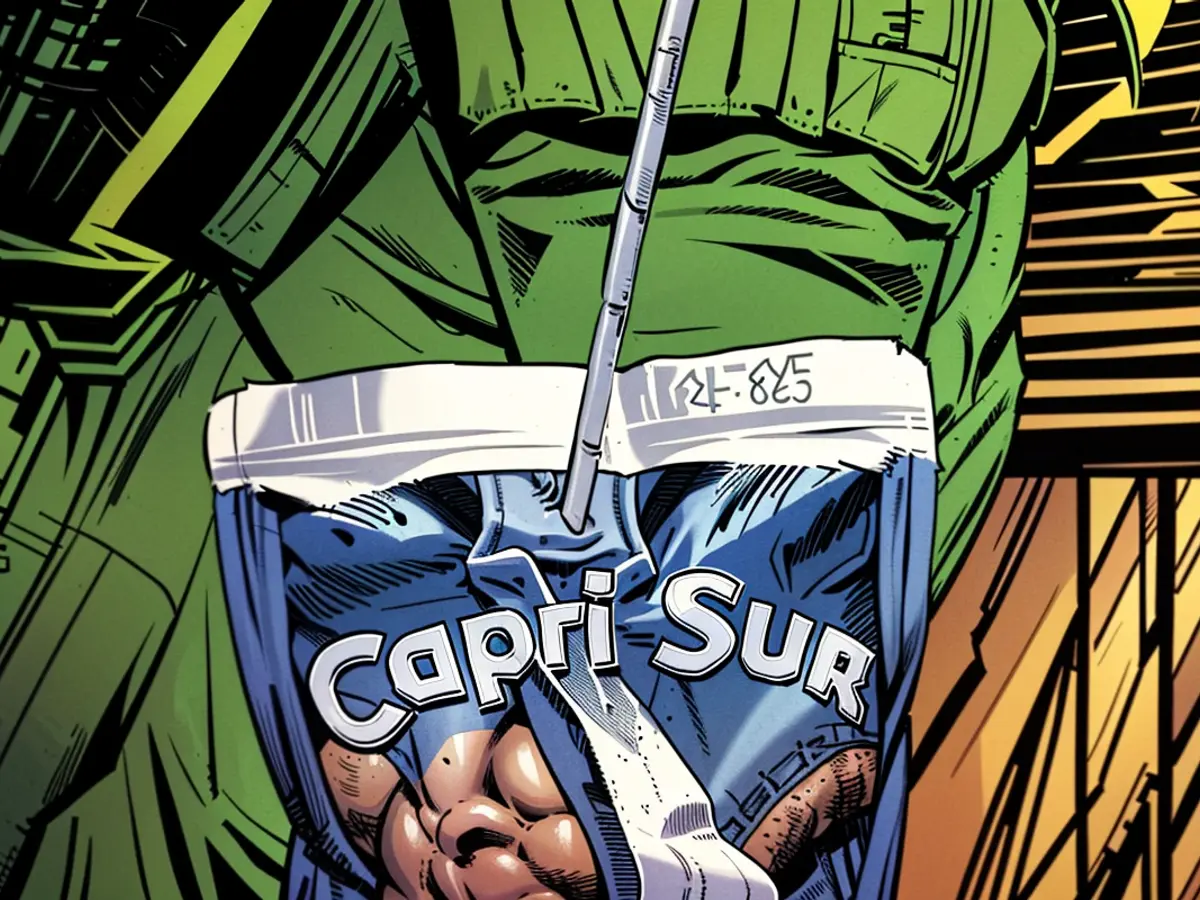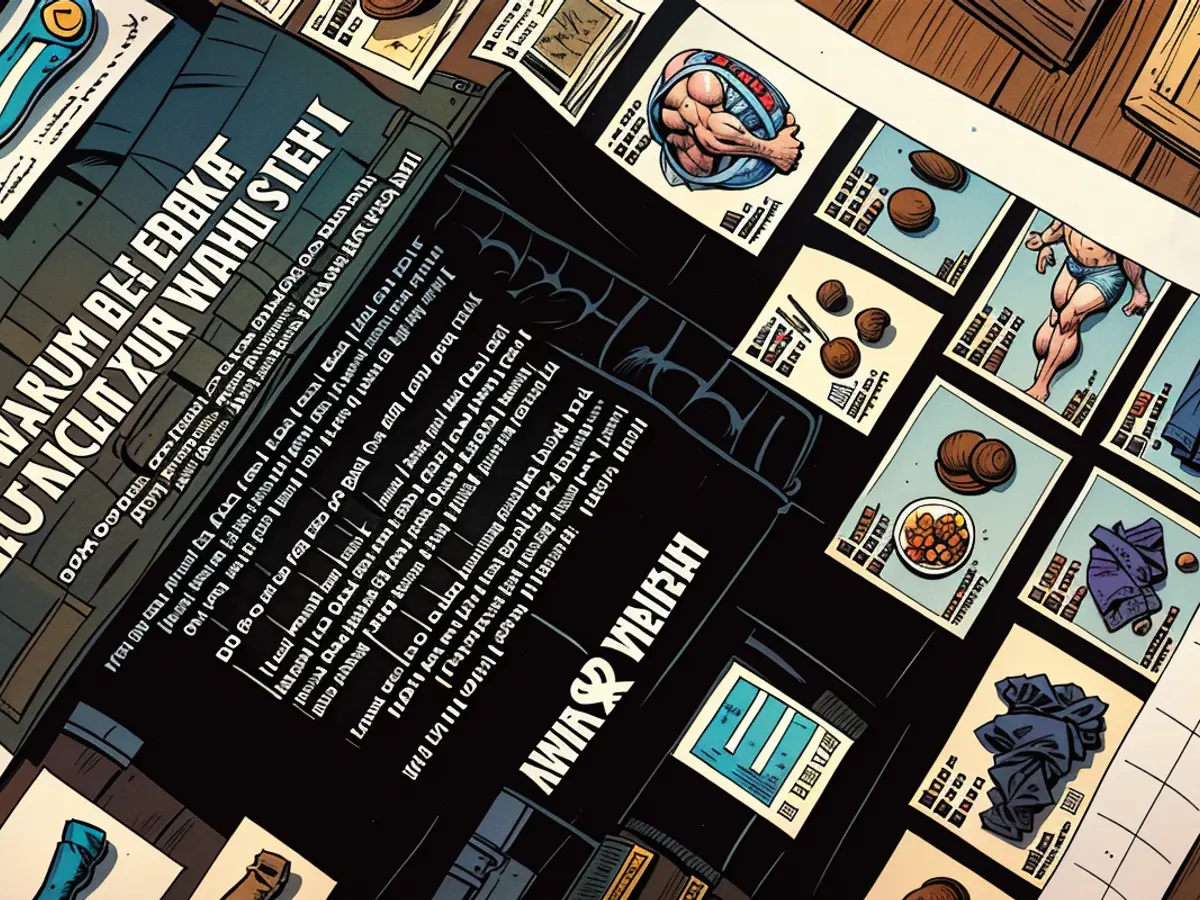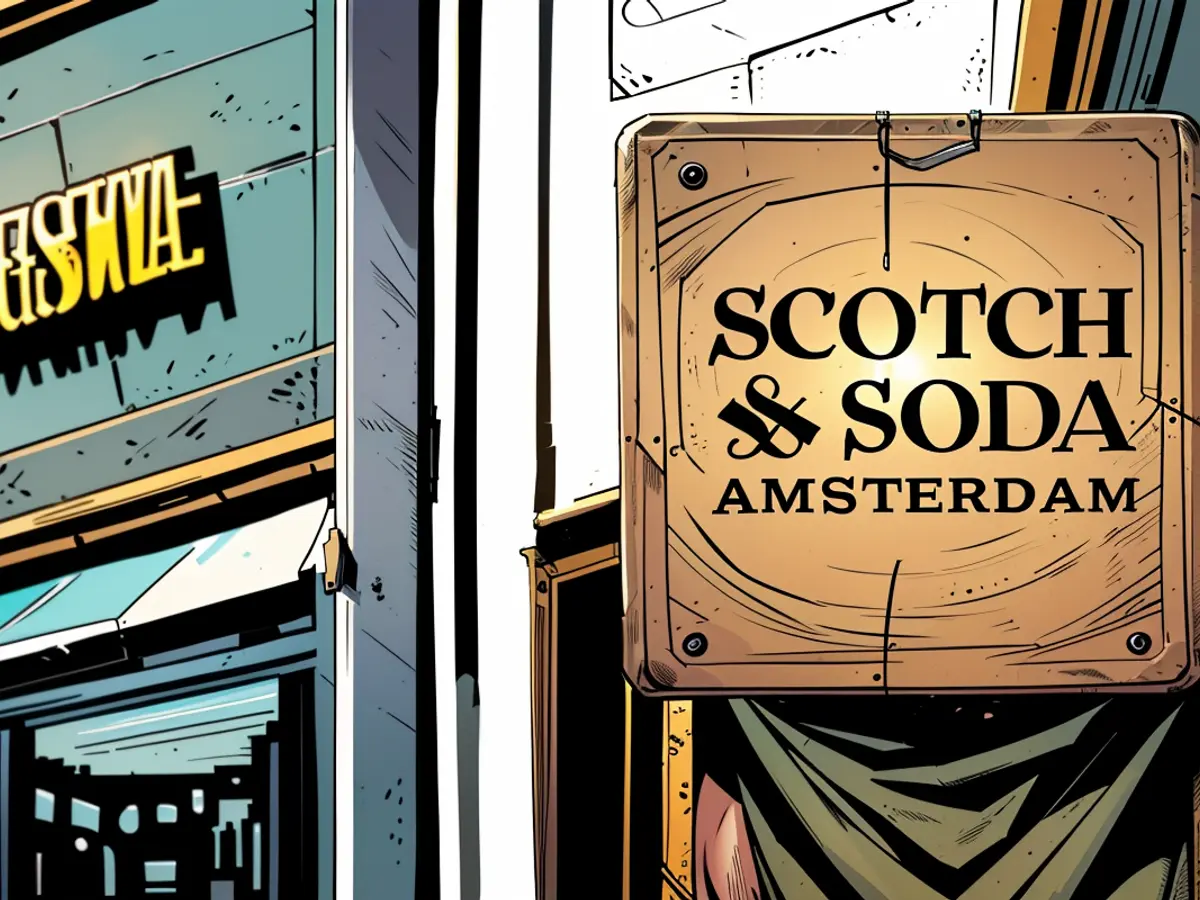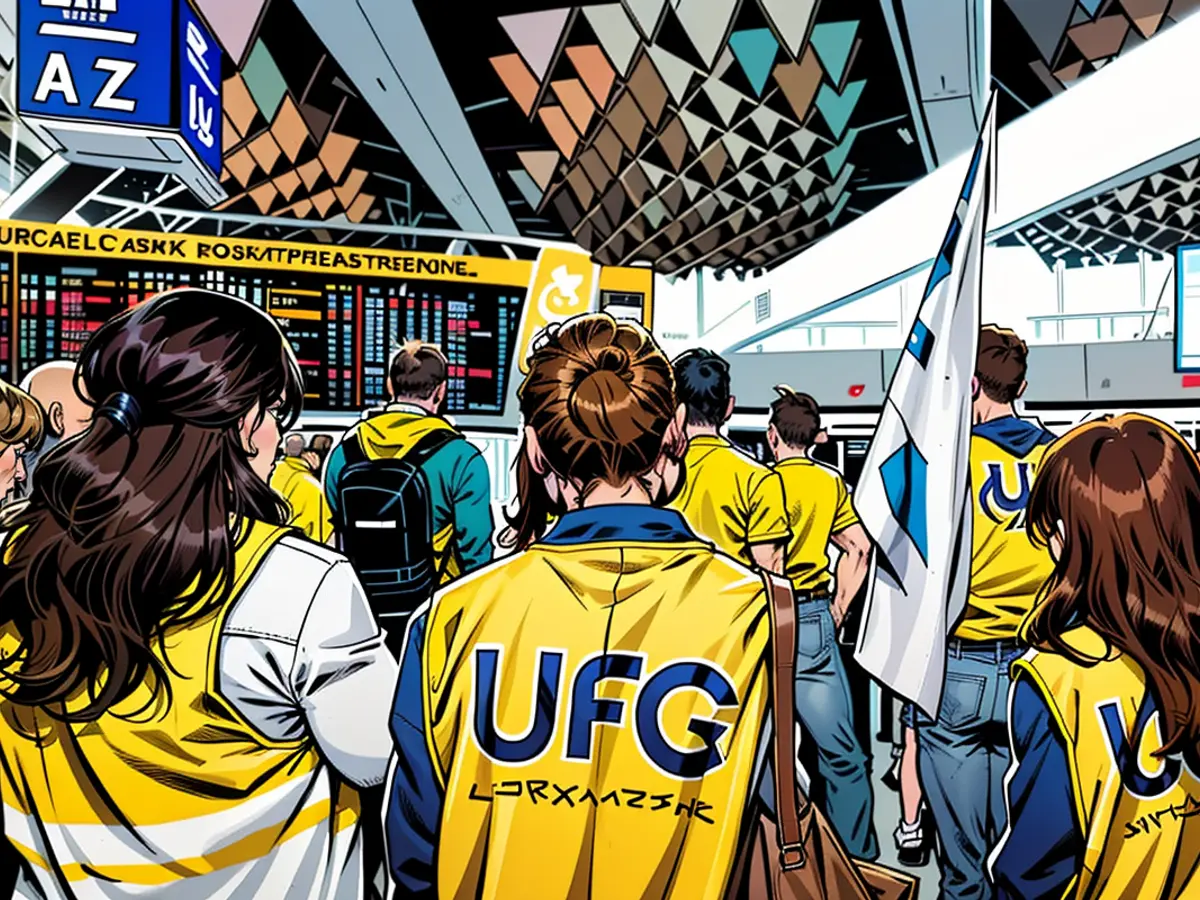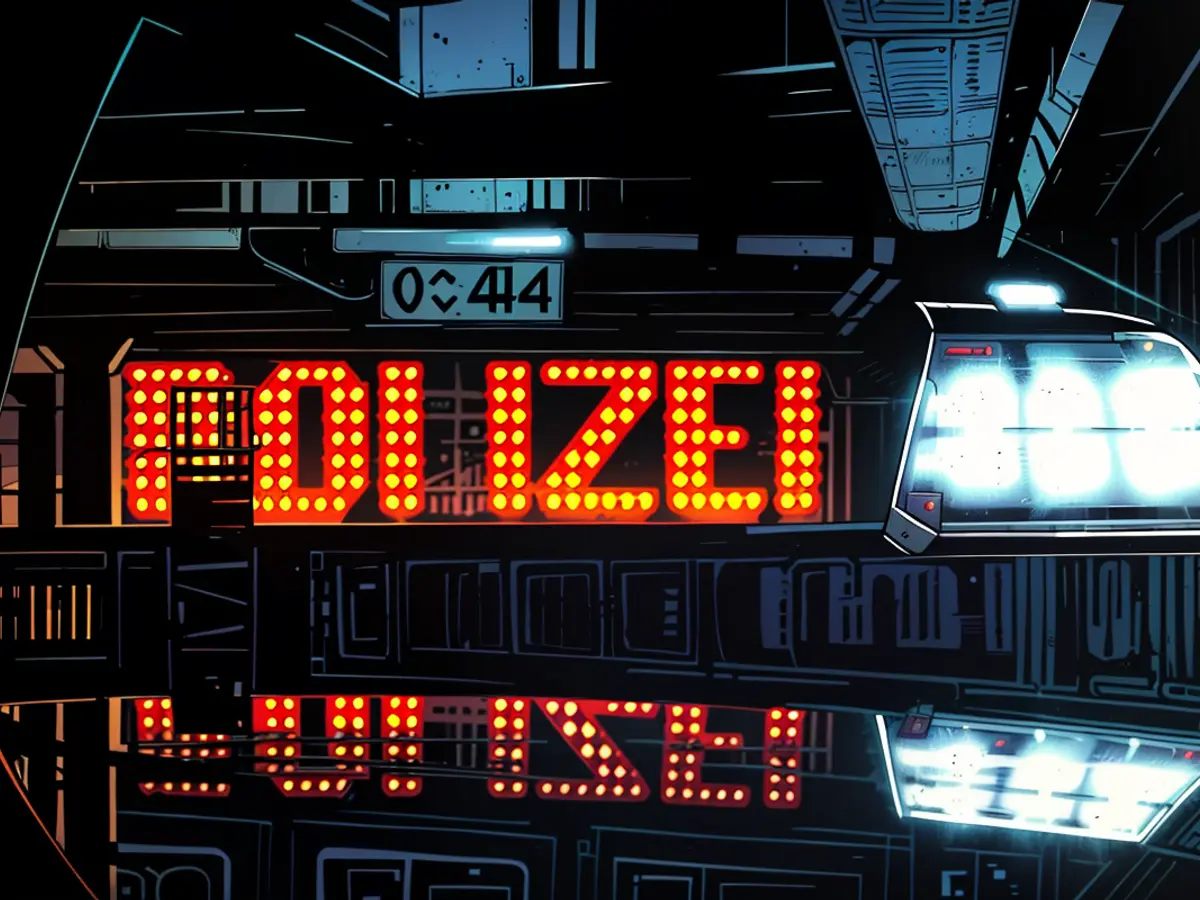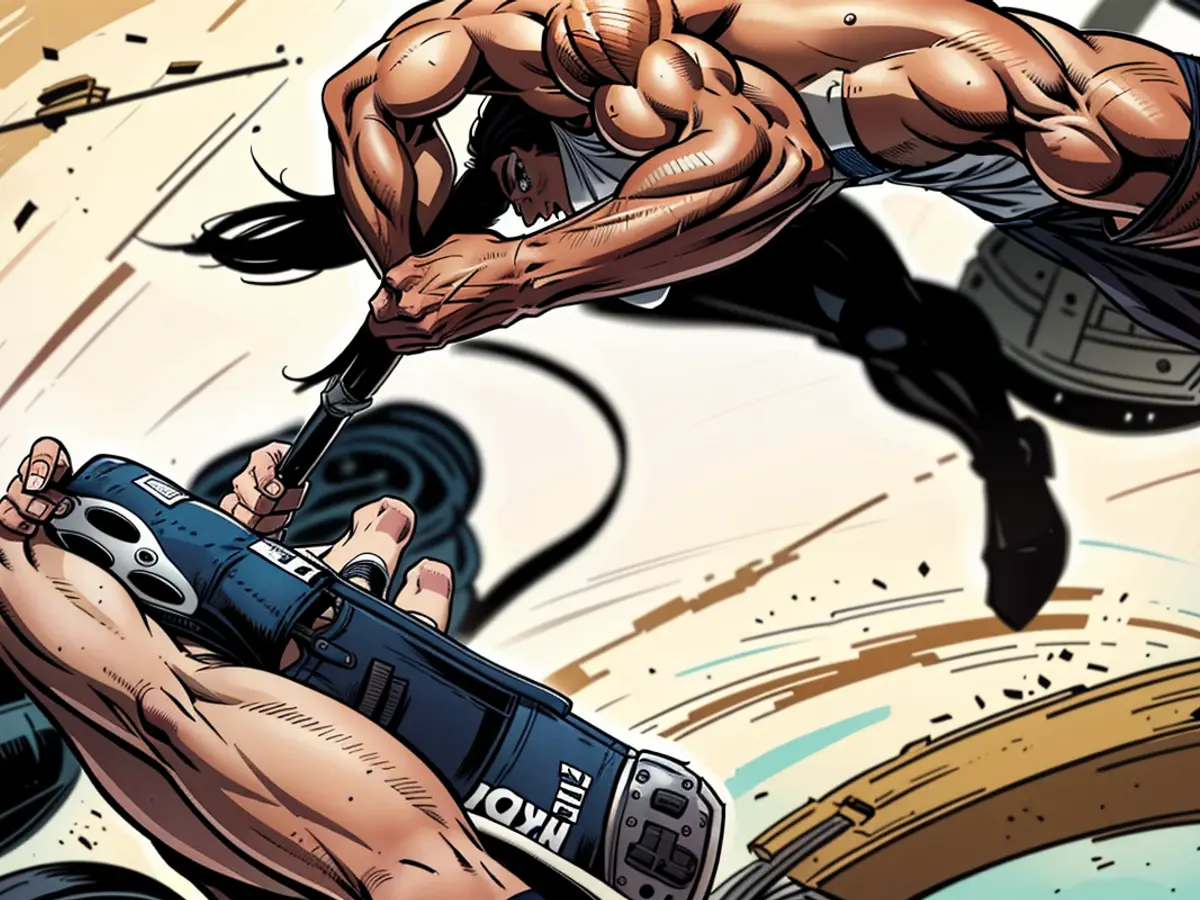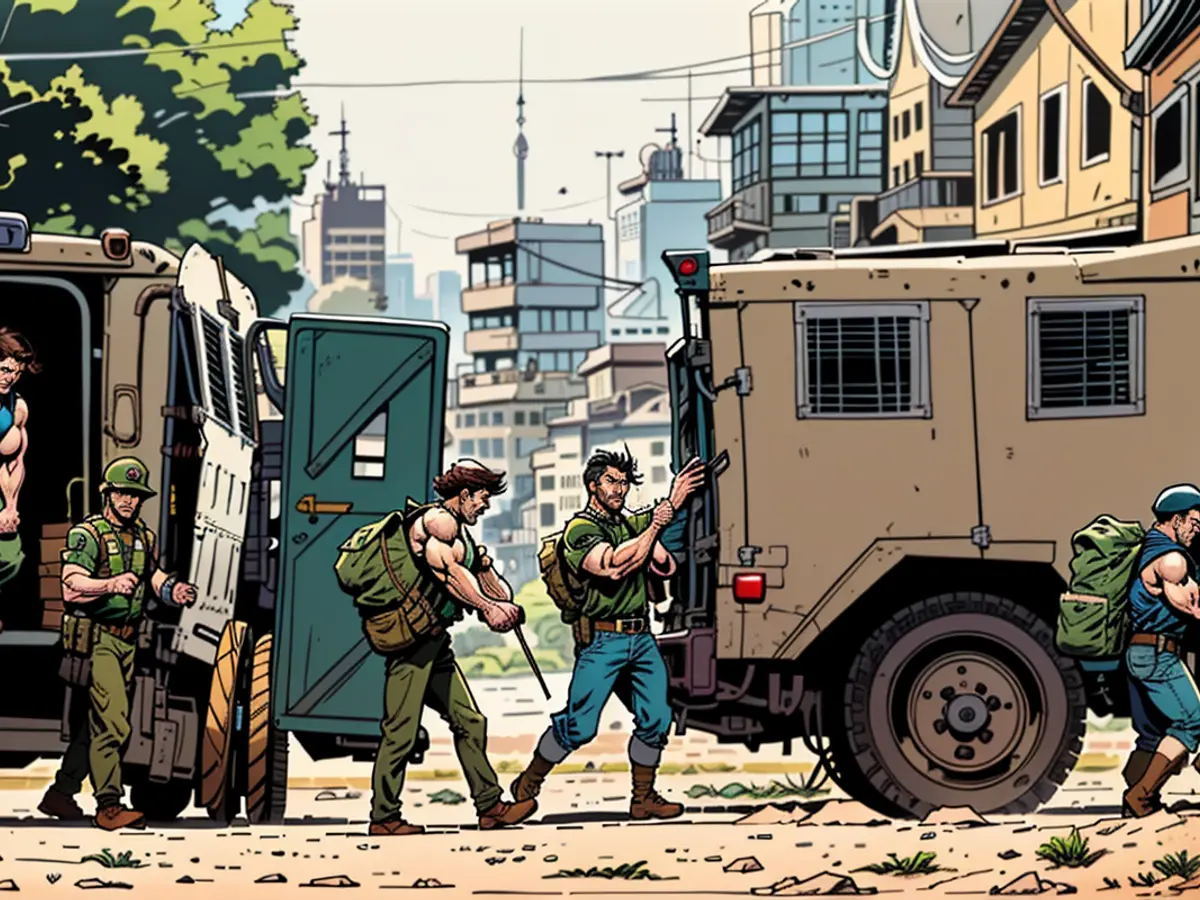Venezuela views the conflict in Ukraine as a "strategic opportunity" in geopolitical terms.
Despite Venezuela's abundant oil resources, the nation is currently grappling with a severe crisis. President Maduro, who has been in power for over a decade, has been widely criticized for mismanaging the country's affairs. His latest re-election, which saw him declared the winner with 51% of the votes, is highly contentious and is still being contested by the opposition, over a month after the election.
The election results, officially announced by the government-controlled electoral authority, have been met with skepticism by the opposition, who have not been provided with the detailed vote count. The opposition continues to push for Maduro's removal through peaceful protests and international intervention.
Mauro Toldo, a financial expert at Dekabank, has been monitoring Maduro's actions for years. He describes Maduro's economic policies as self-serving, stating, "My friends get something, the others get nothing." Toldo believes that the country's economy, once prosperous, is now a mere shadow of its former self.
Venezuela has been in a prolonged economic crisis for over a decade, with periods of severe scarcity, such as the times when people were unable to find gasoline. The country's economy is now showing signs of recovery, thanks in part to the demand for Venezuelan oil following the Ukraine war. This demand has not only been from traditional partners of Venezuela but also from Western countries, according to Sabine Kurtenbach, a Venezuela expert at the GIGA Institute in Hamburg.
Kurtenbach believes that the switch to renewable energies can serve as an effective countermeasure against autocratic rulers whose power is based on oil or fossil fuels.
In a new podcast episode, host Andrea Sellmann discusses the relationship between Venezuela and Russia, the role of arms deliveries, and Germany's involvement with Sabine Kurtenbach and Mauro Toldo. They discuss the future of Venezuela, the opposition's chances of ousting Maduro, and the impact of the economic crisis on the country's people.
Kurtenbach is the interim president of the GIGA Institute in Hamburg, where she researches violence and social change. Her research includes the case of Venezuela. Toldo, on the other hand, is the head of emerging markets at Dekabank and is responsible for country risk analysis. He is particularly interested in Venezuela due to his Venezuelan heritage.
The economic crisis in Venezuela, stretching over a decade, has led to periods of severe scarcity, such as the lack of access to gasoline for many residents. Despite the increase in demand for Venezuelan oil following the Ukraine war, the nation's economy, once prosperous, continues to struggle under Maduro's self-serving economic policies.
